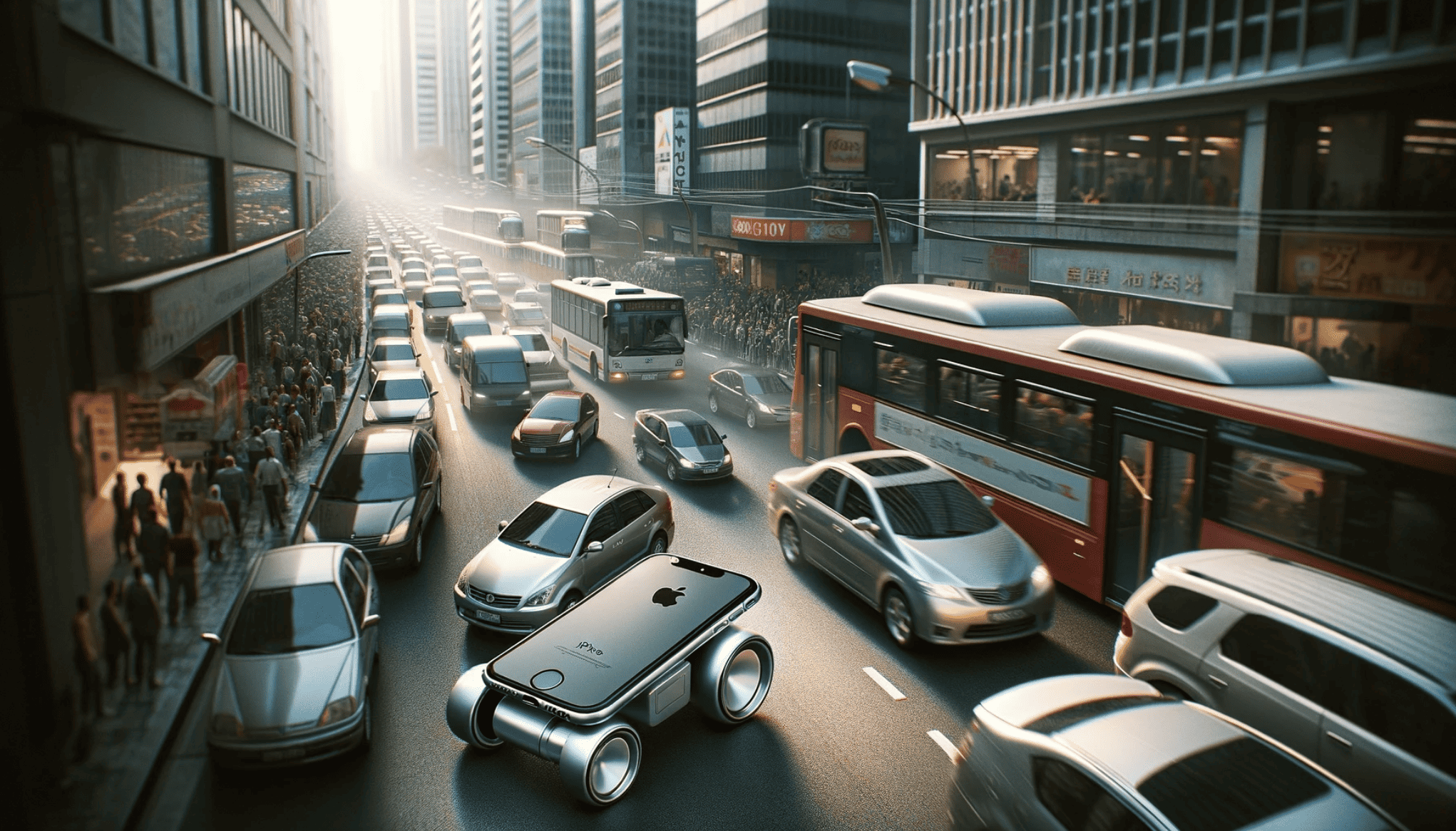
Worldwide interest in autonomous travel is steadily growing, whether by car or by airplane. However, most people still doubt whether the technologies needed to travel safely from A to B are reliable without any human intervention. Two days ago, Innovation Origins reported on a survey concerning autonomous cars carried out by the ANSYS software company. Half of the international respondents indicated that they are prepared to drive an autonomous car. Today, we look at further results of this survey, this time on autonomous flight.
Autopilot already controls most of the flight. But there are always at least two human pilots in the cockpit who are able to intervene at any moment. Aside from that, the pilot must always make sure that the plane takes off manually. The autopilot only takes over the plane during the flight. The landing procedure is very different. Even though this is normally done manually, the autopilot is also capable of landing safely. It is even considered normal for the autopilot to take over the landing when there’s bad weather and low visibility.
The ANSYS survey involved 22,000 people from the Benelux, China, France, Germany, India, India, Italy, Japan, Spain, Sweden, Great Britain and the US. They were all asked about their attitudes and expectations with regard to autonomous driving and flight. The study revealed that concerns about autonomous flight varied considerably. The results of the study were published in the ANSYS Global Autonomous Vehicle Report in October 2019. It also shows in detail the varying opinions between age groups and markets.

Skepticism among the older generation is greater
Just over 40% of the respondents said that they would board an autonomous aircraft during their lifetime. In China, 97% of respondents to the study said that they would, compared to 46% in the UK. Germany was in the middle with 67%.
Whereas 18-34 year olds already had the greatest confidence in autonomous cars and they had the same result for autonomous aircraft. 83% would board an airplane at any time without human pilots. It remained 50% for 55-64-year-olds. It was 45% for the 65-plussers.

Fear of technical failure
Failure of technology during the flight proved to be the main concern among the respondents. 65% feared that the aircraft could become out of control without a human pilot. 57% thought that only a trained human being would be able to respond adequately to problems such as turbulence or bad weather. Take-off and landing were considered a safety risk for just under 30%.
When asked which company they would feel safest with on an autonomous aircraft, 34% of the respondents from all over the world replied to the question by mentioning a standard airline like British Airways, KLM, Virgin Atlantic or Emirates. Only 11% showed confidence in low-cost airlines such as Ryan Air, EasyJet, Air Asia or Indigo. 15% believed that technology companies such as Google, Uber or Tesla will one day be offering autonomous flights.

Respondents were surprised
Survey participants were also asked to complete a questionnaire with their own estimate of how much they think their last flight was automated. With values between 0% and 25%, 26% to 50%, 51% to 75% and 76% to 100%. It turned out that passengers underestimated the percentage that autopilots are used in a flight. 23% thought that a maximum of 25% of a flight was automated. Another 30% opted for 26% to 50%. And 28% estimated 51% to 75%, whereas only 7% opted for the last variant.
After the participants were told that in general, only the first and last ten minutes of a flight are controlled by a real pilot and that the rest is already automated, 36% of the respondents said they felt much safer about autonomous aircraft. This was after realizing that the technology was already in use. 31% felt safer, but had been mostly unaware that autopilot was so advanced. 15% said they were mainly concerned about takeoff and landing and did not trust the technology.
According to this information, the biggest shift in perception among the participants was in India. There, 65% of the respondents felt much safer, 22% felt safer and were surprised. Just 5% remained concerned. In Germany, the US and Great Britain, the difference was narrower. 31% of German respondents (30% in the US and the UK) felt much safer, 26% felt safer and were surprised by the information, and 21% still had concerns regarding technological failures.
Part 1 of the Innovation Origins article about the survey can be read here.
The entire study can be downloaded here.
Read more about autonomous driving on Innovation Origins here.








